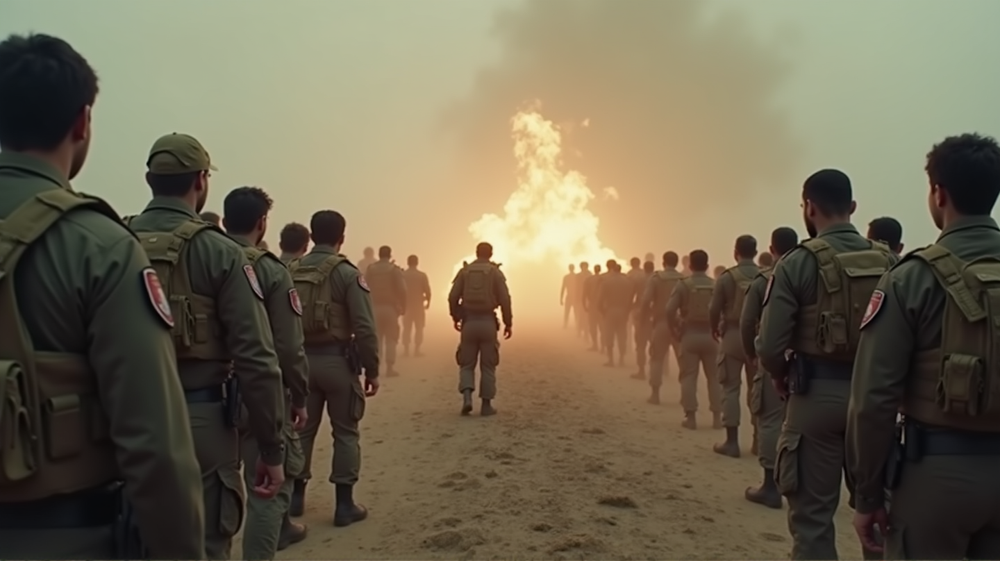In a dramatic revelation, an Israeli military probe has stirred national and international attention. A senior Israeli commander found himself at the center of scrutiny following a tragic attack on October 7, 2023. The decision he made, or rather, the decision he refrained from making, has become a poignant point of contention.
The Festival and the Commander’s Choice
Lieut. Col. Haim Cohen, entrusted with the safety of the Nova music festival, observed minimal security as he reached the site. The apparent calm belied the impending chaos that would soon follow. Although informed by a limited police presence, Cohen’s instincts did not prompt him to ramp up security or disperse the event, a decision now haunting investigations as a missed preventative opportunity.
Post-Attack Analysis: Was It Too Little, Too Late?
As the aftermath of the attack unfolded, investigators found notable inconsistencies with the security preparations. With just about 50 police officers onsite, the question remained—why wasn’t a security escalation enacted? According to Middle East Monitor, the decision to allow the festival to proceed under such conditions is now labeled as a significant oversight.
A Haunting Retrospect and Career Consequences
The unfolding events of that October day were not just a blight on Israel’s security but signified a career-altering moment for Lieut. Col. Cohen. Before leaving his post in April, Cohen expressed second thoughts and the gnawing doubt that maybe, just maybe, his risk assessment was flawed. His superiors, including the then Israeli Chief of Staff Herzi Halevi, took a decisive step in December 2024, dismissing Cohen, drawing a direct line between leadership decisions and dire outcomes.
The Wider Context of Continued Conflict
Cohen’s decision is nested within a broad and volatile tapestry of Israeli and Palestinian tensions. Following the attack, Israel launched a massive military response, resulting in catastrophic casualties and international legal challenges. The military’s actions have drawn stark criticism worldwide, with significant consequences, including arrest warrants for Israeli leaders and ongoing genocide accusations at international courts.
Reflecting on Missed Signals
This incident not only brings to light the criticality of decision-making in conflict zones but also serves as a stark reminder of the reverberating impact such decisions can have on ongoing geopolitical strife. It calls into question the measures, or lack thereof, that organizations embrace in crisis management.
In the shadow of this investigative revelation, the question lingers—could heightened security have curbed the tragedy? Or was it part of a broader, unavoidable conflict scenario unfolding in the restive region?
According to Middle East Monitor, the implications of Cohen’s actions, both immediate and in the grand scheme, continue to provoke thought and reevaluation at every level of conflict management. As Israel navigates the turbulent waters of regional insecurity, these reflections couldn’t be more critical.












